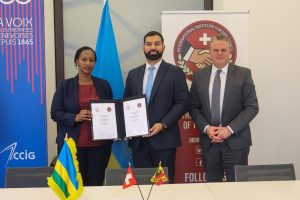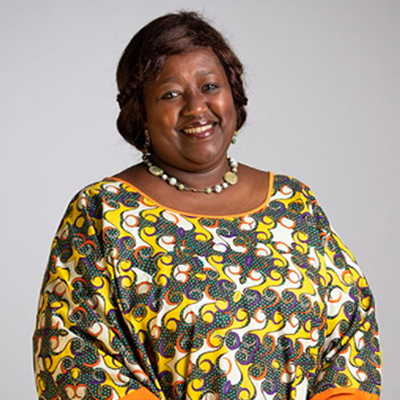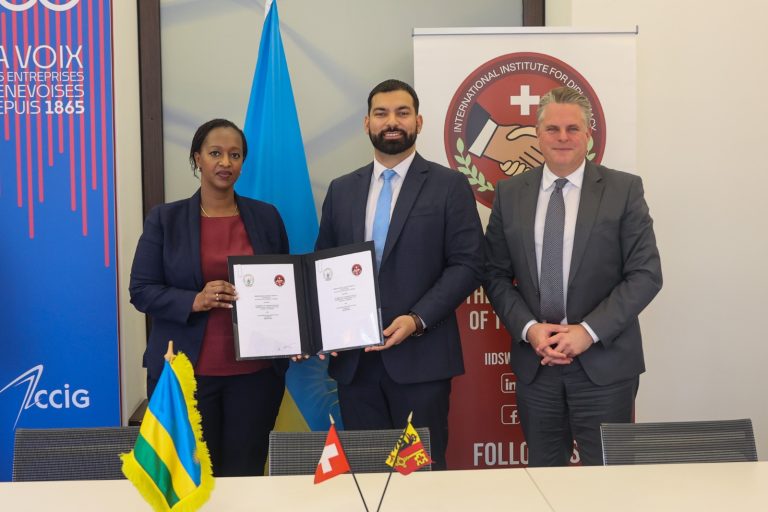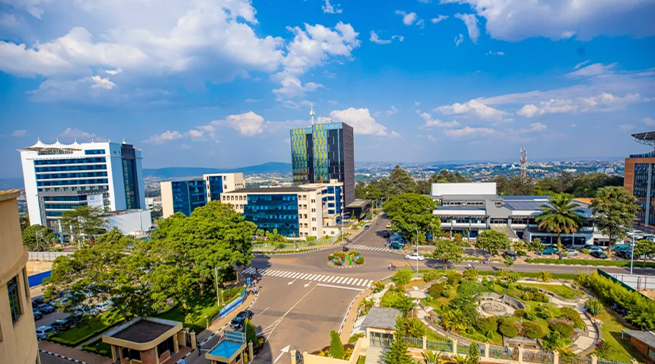In a recent Webinar on One Health system, Dr. Agnes Binagwaho, a distinguished health leader and former Rwandan Minister of Health, emphasized the critical role of integrated health systems in achieving sustainable development goals (SDGs), particularly in fostering equitable access to healthcare worldwide.
Connecting Global Commitments to Local Action
Dr. Binagwaho reiterated the global community’s commitment to the SDGs, notably Goal 3: ensuring healthy lives and promoting well-being for all ages. She emphasized that these goals are rooted in equity, requiring that no one is left behind, regardless of geographic, social, or economic status.
A Multisectoral Approach to Health
Achieving health outcomes necessitates collaboration across multiple sectors—education, infrastructure, agriculture, social protection, and more. Dr. Binagwaho advocates for breaking down silos, promoting professional collaboration, and engaging all segments of society—including youth, women, the private sector, and government agencies—to improve quality of life.
Holistic Service Delivery and Social Determinants
She emphasized that effective health services must consider social determinants such as water, sanitation, housing, and nutrition. Addressing these factors is vital to ensuring populations can truly benefit from interventions like vaccination campaigns. She highlighted that security, transportation, infrastructure, and community engagement are essential components of resilient health systems.
Institutional Leadership and Planning
Dr. Binagwaho pointed out that strong governance structures—with comprehensive national plans inclusive of community input—are fundamental. Successful responses to health crises, such as pandemics, depend on coordinated efforts led by dedicated committees with representation from all stakeholders, including scientific experts, financial sectors, and the populations served.
Data-Driven Strategies for Equity and Accountability
Leveraging digital technology and disaggregated data is key to monitoring progress and identifying underserved groups. She stressed the importance of equity-oriented data collection to identify gaps, understand barriers like vaccine hesitancy, and tailor interventions accordingly. Cultivating a culture of accountability at all levels ensures continuous improvement.
Technology as an Enabler
Many countries have harnessed mobile technologies, drones, and digital surveillance to enhance service delivery. Dr. Binagwaho underscored that existing tools—phones, laptops, and GIS systems—can be effectively employed with political will and strategic coordination, even in resource-limited settings.
Health Education and Workforce Development
Achieving health equity also means ensuring access to quality health education and training. She advocates for integrated health and education initiatives that reach people where they live, including school-based programs, to build a resilient and well-informed health workforce.
Community Engagement and Localized Care
Finally, Dr. Binagwaho highlights the importance of decentralization—delivering services close to where people live and fostering community involvement. Establishing community health workers, leveraging technology, and strengthening local health infrastructure are vital steps toward universal health coverage.
Conclusion
Dr. Agnes Binagwaho’s insights reinforce that integrated, multisectoral, and community-centered approaches are indispensable for transforming health systems globally. By fostering collaboration, leveraging technology, and ensuring equity, the world can make significant strides toward healthier populations and a more sustainable future.















